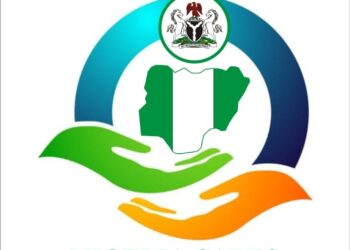Though it majorly hit the world’s economy in 2020, the impact of COVID-19 is still felt in 2021. From running down businesses to causing major losses and leaving many people to wallow in debt, COVID-19’s impact was unexpected and wildly beyond our imaginations. However, regardless of previous happenings, things will have to go on, and businesses have found a way to deal with the losses. In essence, balancing debt repayment and saving amid the COVID-19 economic uncertainty is a must-have survival tool for all businesses and individuals.
Although the manner of approach may differ, ultimately business and life, in general, has continued as usual, and those who incurred great losses found a way to cope. Some through layoffs, while others through borrowing for cash flow influx. In 2021, every business and person is chasing stability, and although some have already come to that point, here are a few tips that could help you get there sooner if you haven’t.
Tips to balancing debt repayment and savings amid COVID-19 economic uncertainty;
1. Cut down expenses:
To start with, you have to cut down on expenses, and sadly it includes the unnecessary and necessary ones. Cutting down expenses involves the process of listing your needs according to priority, whether as an individual or business. Ideally, the list should not include your wants, and you should start by meeting those at the top (necessities for survival).
2. Run a full-scale audit:
Auditing is the best way to properly access the exact situation of things at hand. It should give a rundown of current debts and their respective interest rates. Lastly, it should also take into account your current savings, if any. The reason for carrying out an audit is to access things, especially pending debt, and start to pay them off from the order of the “highest interest rate”. For example, having a debt with an interest rate of 20% per annum pending while trying to save or invest in an asset with returns of 10% per annum is not a good idea. This is because this debt sum would grow faster than your investment. Also, a good rule of thumb is to dedicate a certain percentage of your income to paying off debt before considering other expenses.
3. Set realistic goals for saving and debt repayment:
Trying to save up while paying off debt is an excellent idea and should be something you consider. However, it is only achievable when set within the bounds of reality. The fundamental strategy to financial management is planning. This is why you should allocate your income according to certain realistic goals for saving and repaying your debt. Doing this with a high level of consistency would help you stabilize over time, depending on your percentage of commitment to each.
4. Make a solid emergency plan:
If there is anything that coming out of the pandemic should teach you, it is the fact that you need to plan for the unexpected. The COVID-19 took the world by surprise and overstayed its welcome, ensuring everyone expended their emergency funds. With that in mind, it is only wise to start taking emergency planning much seriously. Create a solid plan, commit finance to it, and ensure you stay observant for potential happenings. As a good plan, finance experts recommend that you have enough set-aside funds to cover at least six months of your running cost.
5. Keep an eye out for the future:
Lastly, nobody knows the future, and we all can only make predictions according to how things go. However, as much as possible, observe market trends and look out for innovations or downsizing that could affect your industry. These are potential indications through which you can predict what may be and prepare accordingly.
Conclusion
Balancing debt repayment and savings amid COVID-19 economic uncertainty for now and the future is all about planning and commitment. With enough of these two, you can pay off your debt and save considerably, and the tips discussed in this article would help you do just that. Although it might not be easy, it is achievable if you keep at it.






















